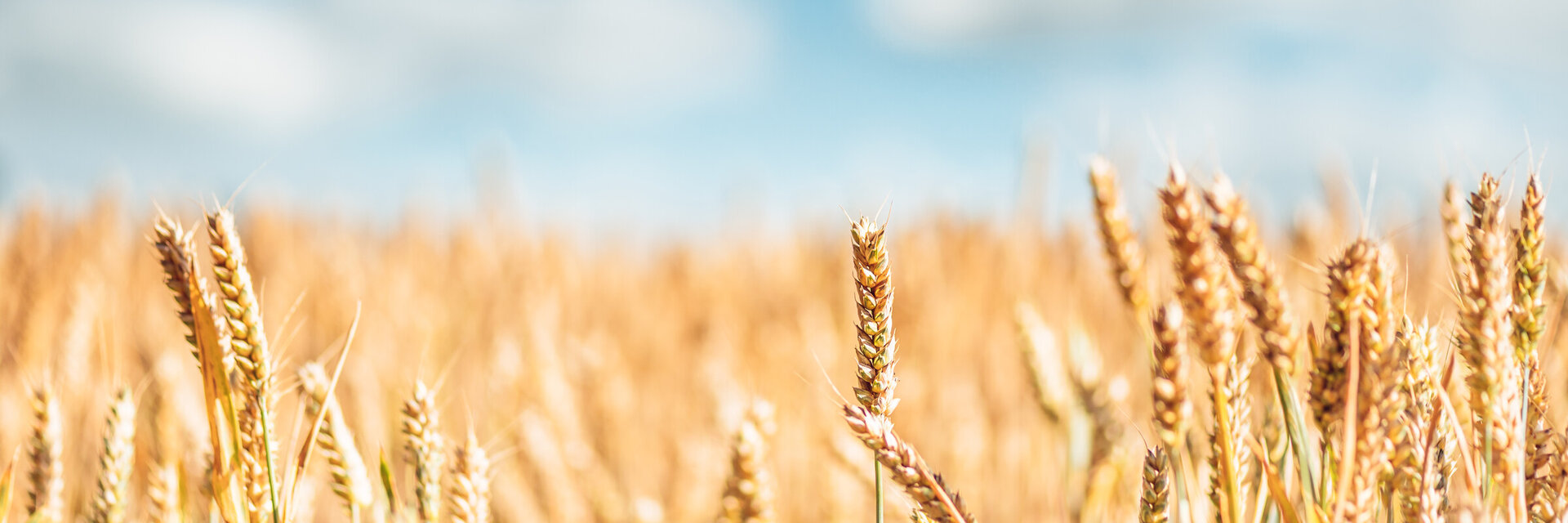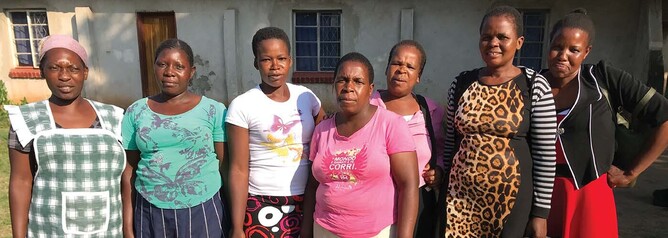In Exodus 17, we read of the Amalekites coming out to fight the Israelites. As the battle began, Moses made his way up the mountain with his staff. In verse 11, we are told that ‘whenever Moses held up his hand, Israel prevailed, and whenever he lowered his hand, Amalek prevailed.’ Eventually Moses became weary. So we are told that Aaron held up one arm and Hur the other ‘so his hands were steady until the going down of the sun’ (v12b). This story, and the image of Aaron and Hur functioning as the supporters of God’s chosen leader, have become particularly significant to me during the past two years as I have served with Hands at Work in Africa. I had gone to the mission field with some prideful assumptions about what I had to offer, but I also held secret desires to find ‘success’ in a role. I would have to come face-to-face with my own brokenness and the cultural values I had held. I would soon learn that our African brothers and sisters knew their needs and people far better than I, and that their voice was a lot more important than my own.
I have discovered that as missionaries coming from the international church to volunteer with Hands at Work, it is vital that we see ourselves as servants. Our call is to serve the local African church so that they have full ownership of the vision and model. I had to realise that I was to be like Aaron and Hur — holding up the arms of Moses. Moses was the one holding up the staff in the battle. It was not my place to snatch the staff out of his hands because of an arrogant attitude or desire to ‘make a name for myself’. My role was to humbly come alongside those who have been fighting for the Kingdom (before I even got there) and offer to lift up their weary hands. This is where we have the chance to learn from one another, to disciple one another. It is a beautiful thing to be part of a multi-cultural community focused on loving Jesus, making Him known and living out His calling to care for the poor and vulnerable. When this happens we build a kingdom culture that becomes a light that breaks forth like the dawn, like it is written in Isaiah:
“Is not this the fast that I choose: to loose the bonds of wickedness, to undo the straps of the yoke, to let the oppressed go free, and to break every yoke? Is it not to share your bread with the hungry and bring the homeless poor into your house; when you see the naked, to cover him, and not to hide yourself from your own flesh? Then shall your light break forth like the dawn, and your healing shall spring up speedily; your righteousness shall go before you; the glory of the Lord shall be your rear guard.” (Isaiah 58:6-8)
This personal discovery is at the heart of the Hands at Work vision. Their vision is to see ‘the local Church in Africa effectively caring for the orphaned, the widowed and the dying, unified in this mission with the Church outside Africa’ (http://www.handsatwork.org/vision-mission-values/). We desire to encourage and support the local African church to know Jesus more deeply and fulfill the biblical mandate to care for the ‘widows and orphans’ (James 1:27). This was to be done in partnership with the international Church, which is also called to the same mandate.
How has this played out for me personally? It has meant that I have been
continually doing all I can to load-lift and release our African leaders so that they can keep their focus on caring for their vulnerable children. This takes on a variety of forms. It may mean that I spend time in Excel, overseeing budgets to ensure that our children are effectively cared for. Or I may be checking to make sure that they receive a hot and nutritious meal every day, and that their basic health and education needs are covered. I may find myself sitting in multiple meetings discussing how we can support African teams as they face family crises, or looking at ways we could support them with their large to-do-lists. On another day I am responding to emails about food orders or programs for visiting international teams who have come to support our volunteers on the ground. It has necessitated hours analysing data to ensure that we are being good stewards of the financial support that we have been given. My role has also entailed listening with an aching heart as someone debriefs a tough situation with our children. It has involved regularly meeting together to look at God’s Word so that we can know Him more. It has required many hours praying and pleading with our Father that he should make a way for them. It has meant sending messages and making calls to African teams in other countries via WhatsApp and Skype. We have been led to many homes of the families we serve, hearing how much they have suffered but also witnessing what happens when Jesus brings them hope. We have responded by singing and dancing as we praise our Father for who He is and what He has done. I have spent time on my laptop editing stories about our children so that the international Church can pray for them and feel connected. I have been on many car trips sharing personal stories with the people I serve with and having them speak grace and truth into my life.
It has also meant the sweet privilege of spending time in our communities with the families we serve. I have been able to walk with our local volunteers as they have committed their lives to taking care of the vulnerable children in their communities. This is such a personal calling for them. They have taught me what it means to treat children as if they were their own.
This was particularly apparent this year when I visited one of our communities in Mutare, Zimbabwe. There were a number of visitors from a church in Canada, so we went around the circle and introduced ourselves. Maria (one of our volunteers, whom we call Care Workers) introduced herself as a mother of 129 children. Four of these were her own children, but the other 125 were those she cared for in her community. When I asked her why she wanted to become a Care Worker, she said that she had previously thought she was one of the most vulnerable in her community; however, she realised that there were other families who were much more desperate than she was.
This comment deeply impacted me because my conversation with Maria had just occurred after I had visited her home, which was a shack built on a swamp. She actually rented a small corner of the shack because there were four other families that lived in the other sections of the building. The shack floods regularly in the rainy season, and her sleeping quarters was a double bed that she shared with four other family members. The bed was also raised up so that she could see if there were any snakes in the room, which could be a regular occurrence.
While we visited her we got to hear some of her story. Evidently her husband had abandoned her and her four children to work in a gold mine. Earlier in the year she had come to know the Jesus we knew. She said her favourite passage now was Psalm 23 because it talks about a Shepherd who will never leave her or forsake her. Since then, her life consisted of trying to sell green maize (corn) to support her family, as well as serving the vulnerable children in her community five days a week through visiting and caring for them.
Maria and so many others like her have continually showed me Jesus over the last two years. It has been an honour to serve alongside our African brothers and sisters, and others from all over the world. I have daily witnessed people focussed on bringing the Kingdom of God by pouring themselves out for the sake of others. Jesus has become so vivid to me as I have begun to learn and experience what He meant when He spoke in the synagogue in Nazareth at the beginning of His ministry:
“The Spirit of the Lord is upon me, because he has anointed me to proclaim good news to the poor. He has sent me to proclaim liberty to the captives and recovering of sight to the blind, to set at liberty those who are oppressed, to proclaim the year of the Lord's favor.” (Luke 4:18-19)
We have that privilege of proclaiming and bringing this good news, alongside the African church, to some of the poorest people on the planet! Nothing has been more meaningful or significant.
by Kara McLaughlin


